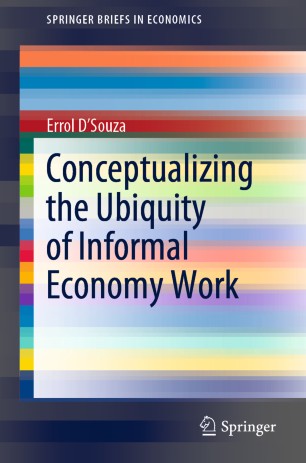

Most ebook files are in PDF format, so you can easily read them using various software such as Foxit Reader or directly on the Google Chrome browser.
Some ebook files are released by publishers in other formats such as .awz, .mobi, .epub, .fb2, etc. You may need to install specific software to read these formats on mobile/PC, such as Calibre.
Please read the tutorial at this link: https://ebookbell.com/faq
We offer FREE conversion to the popular formats you request; however, this may take some time. Therefore, right after payment, please email us, and we will try to provide the service as quickly as possible.
For some exceptional file formats or broken links (if any), please refrain from opening any disputes. Instead, email us first, and we will try to assist within a maximum of 6 hours.
EbookBell Team

5.0
30 reviewsThis book provides a framework to understand the disregarded aspect of emerging market growth which is informal employment. Informal employment in unregistered enterprises or of workers without employment contracts or social protection contributions constitutes 88 per cent of employment in India and is a ubiquitous feature of the economy. A large proportion of informal employment (86 per cent) is self-employment and this category of employment has been neglected in the literature on work and development which has focused instead on wage employment that is a contract for work with another person or enterprise.
The second leg of the literature takes a labour perspective and emphasizes mandated labour costs such as hiring and firing costs, benefits, and minimum wages as considerations when deciding on whether to engage labour on a formal or informal basis. The book broadens this literature by taking into account how the human capital of workers and the monitoring costs of ensuring that workers are adhering to the terms of negotiated contracts inform the decision with regard to informality. The book will resonate with those academics and policy makers who are engaged with the conundrums of development.